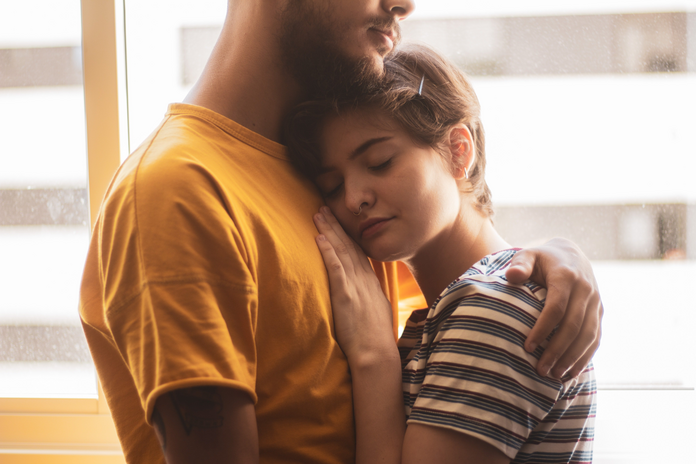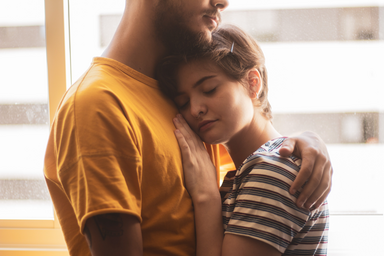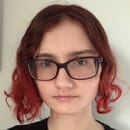I am a queer woman. I am loud and unabashedly proud of my queerness, and always think of it as a sacred part of my identity. People might say that I shouldn’t let my sexuality define my entire identity, but my queerness extends to many parts of my life other than merely who I am attracted to. LGBTQ+ culture is a community of people that saved my life. In a world where many countries still criminalize and murder people for their sexuality or gender identity, being unashamed of my queerness is a radical act, and when it comes to dating, I have no tolerance for a partner that will minimize that part of my identity or fail to understand it. That’s why I prefer to date bisexual men.
There are, however, many women who don’t feel this way because of biphobic misconceptions and stereotypes — that we’re are more likely to cheat, that we’re greedy and promiscuous, or that we’re “flaky partners.” Controversial influencer Nikita Dragun has always been good at making headlines like these. In April she faced backlash by acting disgusted when she found out one of her blind dates was bisexual in her new docuseries Nikita Unfiltered. Nikita Dragun is an openly trans woman; her outright rejection of bisexual men illustrates, quite transparently, how bisexual people face rejection and erasure not only by straight people, but also by fellow members of the LGBTQ+ community.
Even an episode of Sex and the City ran a storyline where Carrie (Sarah Jessica Parker) goes on a few dates with a man that she rejects once she finds out he’s bisexual. Throughout the episode she insults and undermines his sexuality in “casual” conversation with her friends by saying, “I’m not even sure bisexuality exists. I think it’s just a layover on the way to Gaytown…”
Luckily, there are plenty of women who don’t see bisexual men this way. Social worker and professor at Deakin University, Maria Pallotta-Chiarolli wrote a book featuring interviews with women who had dated both straight and queer men. In an interview with VICE, Chiarolli explained: “A really beautiful finding from a lot of the women interviewed, which has shocked a few people, is that a lot of bisexual men—if you dealt with issues around openness and negotiation—made better fathers, lovers, and partners than hetero men.” I wish that Chiarolli had interviewed some bisexual women who dated bisexual men as well, because that dynamic is also worth learning more about, especially for bisexual people who lack the resources or information. Nevertheless, the power of those statements is still monumental.
I understand what this feels like. Being under the bisexual umbrella is like having a red-hot target on your back for people to invalidate and fetishize you, and there is no worse place for that to pop up than in a person’s dating life. Straight men look at bisexuality in women as a fetish, and bisexual men have to endure constant gaslighting from people who don’t believe that their sexuality is real, including romantic partners.
Dating is something that I’ve always been extremely cautious about. I am often weary to trust heterosexual men when it comes to intimacy. In my experience, when my identity comes up, it takes back-breaking emotional labor for me to educate them about what my life often entails. Although I have a preference for women I am still attracted to men, and if I ever happen to date them, I’m more likely to gravitate toward men who are also queer because of that mutual understanding of that shared struggle.
Living as an out queer woman has made me extremely hyper-sensitive and intolerant of toxic male behavior, and I find it hard to connect emotionally with a person who fails to understand my identity or my life experience. If I ever want to have a healthy dating life and happen to date a man, a partner who is trapped in a cycle of compulsory heterosexuality and toxic masculinity is not an option, and I have found that I am less likely to find those characteristics in bisexual men.


